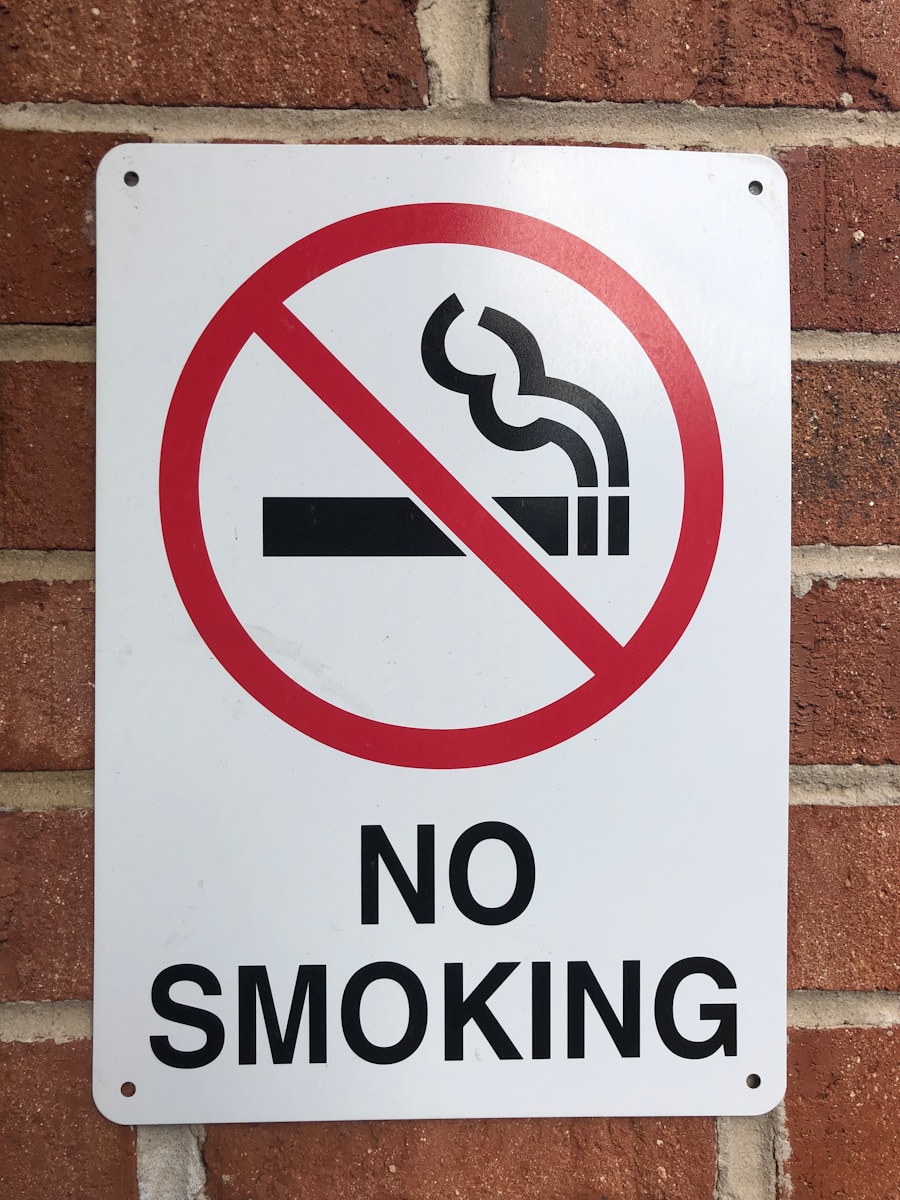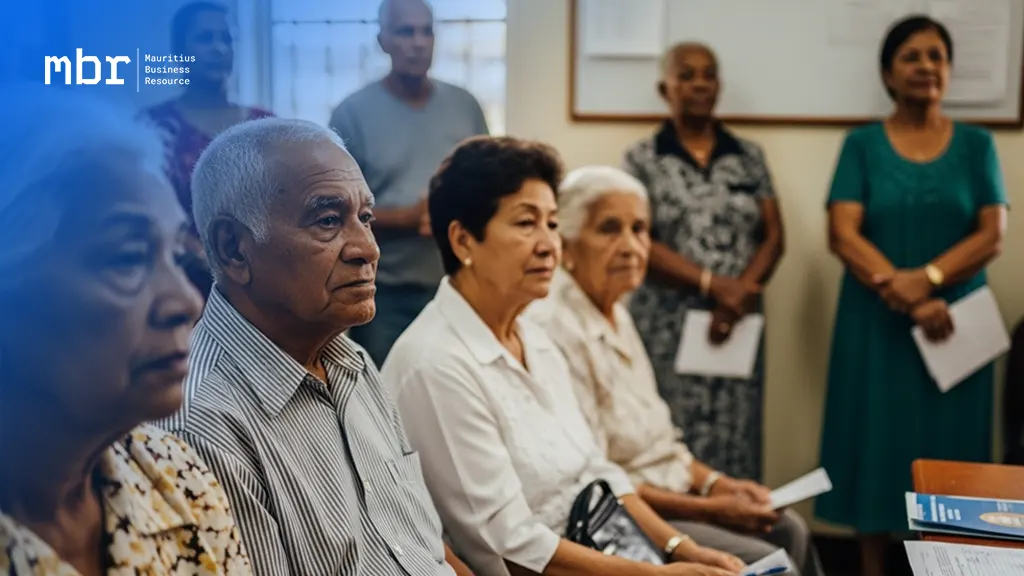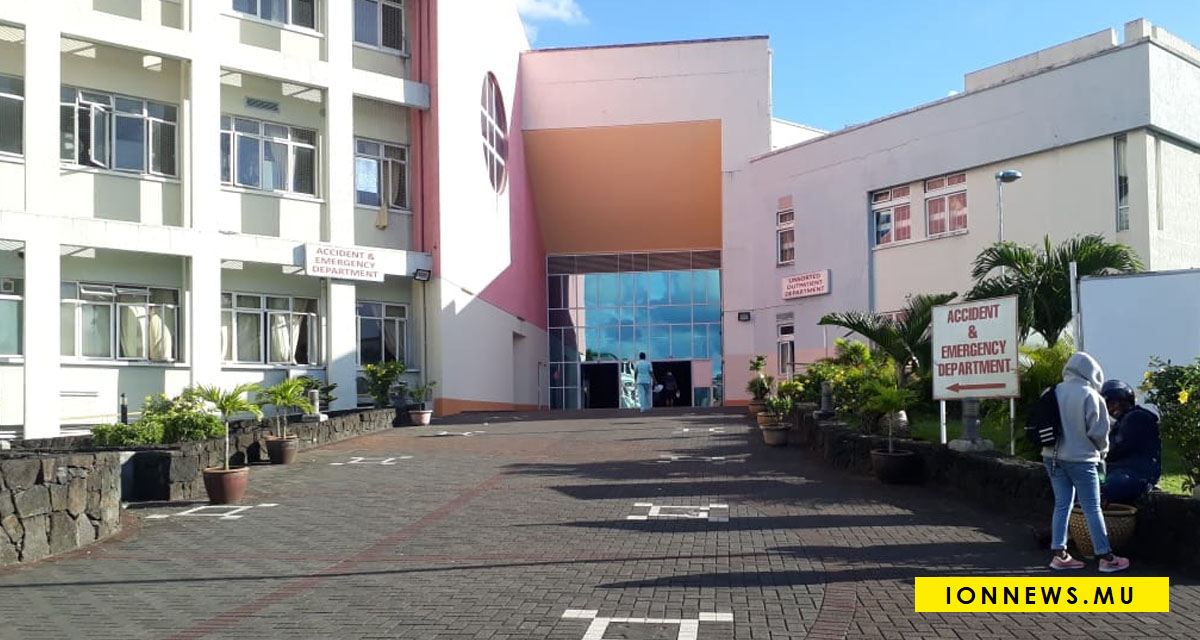Mauritius has achieved a remarkable victory in the global fight against tobacco consumption, and the story of this success deserves detailed attention. The World Health Organization has singled out Mauritius as a prime example of what a small nation can accomplish when public health becomes a true national priority. This recognition did not come overnight.
It is the result of years of persistent effort, legislative action, and community engagement.
The journey of Mauritius tobacco control reflects determination, innovation, and collaboration between government institutions, civil society, and ordinary citizens. It also shows that ambitious health goals can be achieved even in developing nations when there is political will and popular support. This introduction provides a foundation for understanding why Mauritius stands out on the global stage and why its model is being studied by health experts around the world.
Mauritius tobacco control and national commitment
Mauritius tobacco control represents one of the most comprehensive national health strategies implemented in the past decade. The government took bold steps, introducing strict anti-smoking laws that prohibited smoking in public spaces such as restaurants, offices, and public transport. These measures were not symbolic; they were backed by penalties, inspection teams, and a communication strategy that educated the public about the reasons for the bans. Each step of the process was carefully planned to ensure that citizens understood that this was not simply a legal requirement but a matter of protecting lives.
The government also increased excise duties on cigarettes, making smoking more expensive and less attractive, particularly to the younger generation. This financial deterrent played a major role in lowering smoking rates. Civil society organizations supported this by lobbying for additional protections and by launching awareness campaigns that highlighted the human cost of smoking-related diseases such as lung cancer, heart attacks, and strokes.
Importantly, the national commitment extended to healthcare providers. Clinics were encouraged to offer smoking cessation services free of charge, and doctors were trained to provide counseling for patients who wanted to quit. This integration of Mauritius tobacco control into the healthcare system ensured that it was not a temporary campaign but a long-term public health strategy. Citizens began to see smoking not as a social norm but as a harmful habit that threatened families and communities.
One of the most notable outcomes of this commitment was a measurable decline in smoking prevalence. Statistics from the Ministry of Health showed a steady drop in the number of daily smokers over a five-year period. This was celebrated as proof that strong laws, combined with social mobilization, can work even in countries with limited resources. The success of Mauritius tobacco control in this area has encouraged other nations in Africa to consider similar measures, making Mauritius a leader on the continent.
Mauritius tobacco control and public awareness
Public awareness has been the cornerstone of Mauritius tobacco control. The government recognized early on that laws alone would not be enough to change behavior. To this end, a series of national campaigns were launched using television, radio, print, and social media. The campaigns used powerful imagery, real-life stories, and simple messages that resonated with both young and old audiences. This was crucial in creating a shift in public perception about smoking.
Schools were involved through educational programs that taught children about the dangers of tobacco from an early age. Teachers were provided with materials and support to integrate health education into their curriculum. This proactive approach meant that an entire generation grew up with a strong understanding of why avoiding tobacco is important. The results are visible in surveys that show a dramatic reduction in teenage smoking rates.
Community involvement was also a critical factor. NGOs organized health fairs, competitions, and community events where ex-smokers shared their stories. Local leaders and religious figures lent their voices to the cause, adding credibility and encouraging their communities to embrace a smoke-free lifestyle. These activities gave a human face to the statistics and created emotional connections that motivated people to change.
The media played its part by reporting regularly on the progress of Mauritius tobacco control initiatives and by publishing stories about the lives saved through early interventions. Journalists interviewed doctors, patients, and policymakers, keeping the issue in the public conversation. This consistent flow of information prevented the campaign from losing momentum and made tobacco control a permanent topic of national discussion.
Mauritius tobacco control and economic impact
While the health benefits of Mauritius tobacco control are clear, the economic impact is equally significant. Fewer smokers translate into lower healthcare costs for treating chronic diseases caused by tobacco use. Hospitals have reported a noticeable reduction in admissions related to smoking-related illnesses, which has freed up resources for other critical health services. This has been particularly important in a country with limited hospital capacity.
The government’s decision to raise taxes on tobacco products also created a new revenue stream that has been reinvested into public health campaigns. This cycle of taxing harmful products and using the funds to promote healthy living is an example of effective public policy. It ensures that the fight against tobacco is financially sustainable and continues to evolve over time.
Employers have benefited as well, with studies showing improved productivity and reduced absenteeism in workplaces. A healthier workforce contributes to a stronger economy, and the overall savings are felt at both household and national levels. Families save money by not buying cigarettes, which allows them to spend more on food, education, and other essentials. This creates a ripple effect that boosts economic stability and social well-being.
Mauritius tobacco control and youth engagement
Mauritius tobacco control has placed a special focus on youth engagement, recognizing that preventing young people from starting to smoke is one of the most effective long-term strategies. The government, in partnership with schools and universities, created programs designed to reach students through interactive lessons, competitions, and peer-to-peer education initiatives. Students were encouraged to create posters, short films, and social media content that spread anti-smoking messages. This approach turned young people into advocates rather than passive recipients of information.
Peer influence was used positively to counter the appeal of tobacco. Student ambassadors were trained to talk about the dangers of smoking in a relatable way, sharing real-life consequences and highlighting the benefits of staying tobacco-free. Sports clubs and youth centers also became hubs for awareness campaigns, offering healthy activities as alternatives to smoking. By keeping young people engaged and active, Mauritius tobacco control reduced the idle time and social pressure that often lead to experimentation with cigarettes.
Another important element was addressing the marketing tactics of tobacco companies that often target youth through subtle advertising and appealing packaging. Strict regulations on packaging and marketing were enforced, with plain packaging laws making cigarette packs less attractive. Warnings featuring graphic images and strong health messages covered a large portion of the package, discouraging first-time smokers. This strategy has been praised internationally as one of the most effective ways to protect young people from addiction.
As a result of these initiatives, national statistics have shown a dramatic decline in youth smoking initiation rates. The country has seen a shift in cultural attitudes, where smoking is no longer perceived as fashionable or a sign of maturity. Instead, a healthy, active lifestyle is being promoted as the new norm. This cultural change is expected to produce lasting benefits for decades to come, as fewer young people grow into adult smokers.
Mauritius tobacco control and healthcare system integration
A key strength of Mauritius tobacco control is its integration into the healthcare system. Hospitals and clinics have incorporated anti-smoking programs into their regular services, ensuring that patients are regularly screened for tobacco use and offered help to quit. Doctors, nurses, and pharmacists received specialized training to provide counseling, prescribe nicotine replacement therapies, and monitor patient progress. This created a seamless system where individuals seeking medical care were also supported in their journey to quit smoking.
Quitlines were established, offering free telephone counseling to anyone who wanted to stop smoking. These services were promoted widely through public campaigns and have seen high call volumes, demonstrating the demand for support. The government also set up mobile health units that traveled to rural areas, bringing cessation services to communities that previously had limited access to healthcare. This ensured that Mauritius tobacco control reached every corner of the country, leaving no population group behind.
The integration of tobacco control into prenatal and maternal health programs has been particularly important. Expectant mothers are given counseling about the dangers of smoking during pregnancy and offered resources to help them quit. This has contributed to better birth outcomes and healthier babies, reinforcing the intergenerational impact of the campaign. The health system has also begun collecting more detailed data on tobacco-related illnesses, which helps shape future policies and measure progress over time.
These initiatives have improved patient outcomes, reduced hospital admissions for smoking-related diseases, and strengthened the overall public health infrastructure. Mauritius tobacco control has effectively turned the healthcare system into a frontline defender against tobacco addiction, setting a model that other countries can adopt.
Mauritius tobacco control and international recognition
The success of Mauritius tobacco control has not gone unnoticed on the global stage. The World Health Organization has repeatedly highlighted Mauritius in its annual reports as a country that demonstrates how strong policies and community action can drastically reduce tobacco use. International conferences on tobacco control often cite Mauritius as a case study, encouraging other nations to learn from its experience.
Delegations from neighboring African countries have visited Mauritius to study its policies, enforcement mechanisms, and public campaigns. This has turned Mauritius into a regional knowledge hub for tobacco control strategies. The country’s health officials have been invited to share their insights at forums such as the WHO Framework Convention on Tobacco Control (FCTC) meetings, where they discuss lessons learned and best practices.
Recognition has also come from non-governmental organizations and academic institutions. Research papers have been published analyzing the success of Mauritius tobacco control, with many pointing out that the combination of legislative action, public education, and civil society engagement was key to success. These studies are now being used as evidence to advocate for stronger tobacco regulations worldwide.
Such international recognition boosts national pride and reinforces the idea that Mauritius is on the right path. It motivates policymakers to maintain momentum and expand tobacco control measures even further. For the public, this recognition is a source of encouragement and validation that their efforts are making a difference, creating a positive feedback loop that sustains progress.
Mauritius tobacco control and community participation
One of the most inspiring aspects of Mauritius tobacco control is the high level of community participation. The fight against tobacco has gone beyond government offices and hospitals to reach neighborhoods, villages, and community centers. Local associations organize regular events that bring together residents to discuss health, share success stories, and encourage each other to stay tobacco-free. These grassroots initiatives create a sense of ownership, as people feel they are contributing directly to a national mission.
Faith leaders, sports figures, and cultural icons have also joined the movement, lending their influence to persuade followers and fans to adopt healthier lifestyles. Music concerts, street theater, and sporting events are used as platforms to spread anti-tobacco messages. This creative approach keeps the campaign fresh and relatable for people of all ages. It also helps sustain momentum, as community-led events can be more flexible and responsive than centralized campaigns.
The government has recognized these efforts by offering small grants and logistical support to community groups that organize anti-smoking activities. This partnership between public institutions and civil society has strengthened trust and demonstrated that Mauritius tobacco control is not just a top-down directive but a cooperative effort involving everyone.
Success stories are shared in local newspapers and radio programs, amplifying their reach. Former smokers are celebrated for their achievements, turning them into role models. This humanizes the campaign and gives it emotional power, which data and statistics alone cannot achieve.
Mauritius tobacco control and digital innovation
The rise of digital technology has opened new opportunities for Mauritius tobacco control campaigns. The Ministry of Health and local NGOs have launched dedicated websites and mobile apps that provide information, tips for quitting, and connections to support groups. Interactive tools allow users to track their progress, calculate money saved by not buying cigarettes, and receive motivational messages daily.
Social media plays a powerful role in reaching younger audiences who spend much of their time online. Creative campaigns using hashtags, short videos, and infographics spread quickly and engage users in meaningful ways. Health professionals host live Q&A sessions on platforms like Facebook and Instagram, answering questions and providing guidance in real time.
Gamification has also been introduced, where users earn digital badges for every milestone they achieve on their journey to quit smoking. This adds an element of fun and keeps users motivated. The digital approach ensures that Mauritius tobacco control remains relevant in a rapidly changing media landscape, where attention spans are short, and competition for engagement is high.
For more details on global tobacco control frameworks and data, readers can visit the World Health Organization’s tobacco control resource page, which provides extensive research and practical guidelines that inspired some of Mauritius’s policies.
Mauritius tobacco control and future challenges
Despite its remarkable progress, Mauritius tobacco control still faces significant challenges. The tobacco industry continues to look for ways to maintain its market share, including the promotion of new products such as e-cigarettes and heated tobacco devices. These products often target young consumers and present fresh regulatory questions. Policymakers must adapt quickly to ensure that these emerging threats do not reverse the gains made so far.
Another challenge is sustaining public interest over the long term. As smoking rates drop, there is a risk that people may perceive the problem as solved and shift their attention elsewhere. Continued investment in education and communication will be necessary to keep the message alive and prevent relapse among former smokers.
The health system will also need ongoing support to maintain cessation services, collect data, and respond to new research findings. International collaboration will remain important, as Mauritius can benefit from global expertise and share its own lessons learned. For readers who wish to explore more articles about policy analysis and public health strategies, check our insight section on policy opinions for in-depth coverage.
Another challenge is sustaining public interest over the long term. As smoking rates drop, there is a risk that people may perceive the problem as solved and shift their attention elsewhere. Continued investment in education and communication will be necessary to keep the message alive and prevent relapse among former smokers. The health system will also need ongoing support to maintain cessation services, collect data, and respond to new research findings. International collaboration will remain important, as Mauritius can benefit from global expertise and share its own lessons learned. For readers who wish to explore more articles about public engagement and citizen voices, check our News Mauritius section for in-depth coverage.
Finally, there is the social dimension of addressing remaining pockets of high smoking prevalence in certain communities. Tailored programs that respect cultural differences will be essential. This next phase will require as much determination as the initial campaign and perhaps even greater creativity.
Conclusion
Mauritius tobacco control stands as one of the most impressive public health success stories in recent memory. Through a combination of strong laws, public education, healthcare system integration, community involvement, and digital innovation, the country has drastically reduced smoking rates and improved quality of life. International recognition from WHO and other organizations confirms that Mauritius is setting a global example worth emulating.
The journey is not over, and future challenges will require continued commitment. But the foundation has been laid, and the collective voice of the people ensures that progress will not be easily undone. Mauritius has proven that a small island nation can lead the way in protecting public health, inspiring others to follow. The story of Mauritius tobacco control is ultimately a story of hope, determination, and the power of community action.




